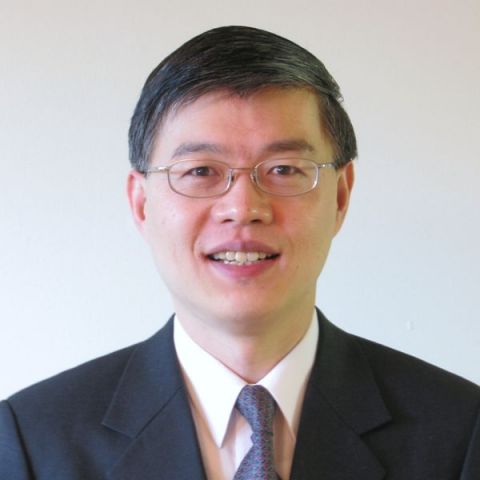
Professor Dali Yang is the founding faculty director of the University of Chicago Center in Beijing, a University-wide initiative to promote collaboration and exchange between UChicago scholars and students and their Chinese counterparts. He was previously chairman of political science, director of the Center for East Asian Studies and director of the Committee on International Relations, all at UChicago. He also is a former director of the East Asian Institute at the National University of Singapore. His research focuses on the politics of China’s development, particularly regulation, governance and state-society relations.
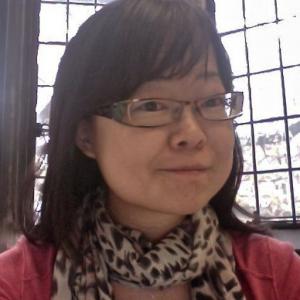
Professor Xiang's research is geared towards better understanding the processing and neural mechanisms that support the rapid, real-time construction of sophisticated linguistic representations. She primarily works on sentence processing, including syntax, semantics, and discourse comprehension.
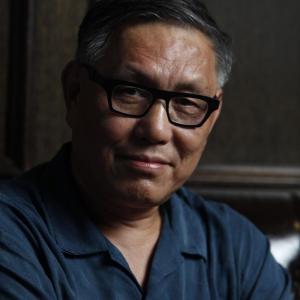
Professor Wu focuses on early Chinese art and relationships between visual forms (architecture, bronze vessels, pictorial carvings and murals, etc.) and ritual, social memory, and political discourses. Professor Wu is also the Director of the Center for the Art of East Asia and a Consulting Curator for the Smart Museum of Art.
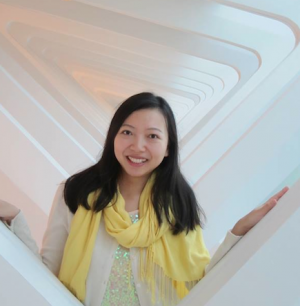
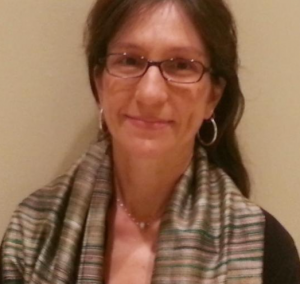
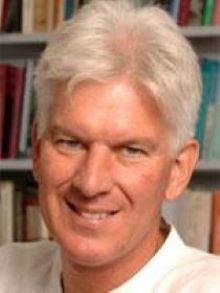
Professor Shaughnessy is a renowned scholar of ancient China who studies China's archaeologically recovered texts as well as the literary traditions in which they were born. In his own work, Shaughnessy combines these areas of expertise, though when he teaches, he separates them, offering seminars on oracle-bone inscriptions, bronze inscriptions and bamboo-strip inscriptions, as well as classes on the Yi jing, Shi jing and Shang shu. His own personal interests include bronze inscriptions and the Zhou Yi, both of which reached their full maturity toward the end of the Western Zhou period (1045 to 771 B.C.E.).
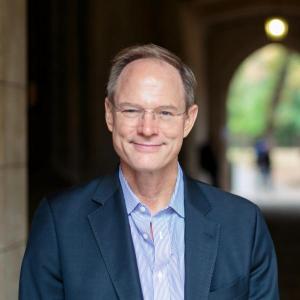
Professor Saussy's primary teaching and research interests include classical Chinese poetry and commentary, literary theory, comparative study of oral traditions, problems of translation, pre-twentieth-century medi history, and ethnography and ethics of medical care.
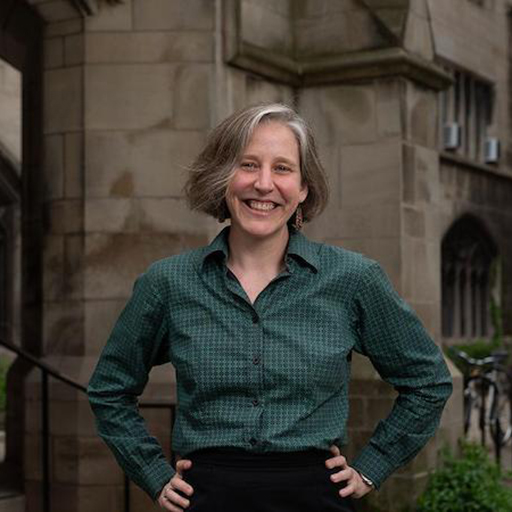
Professor Ransmeier researches local practices revealed in police and judicial records and the intersection of law and family life in modern China. Currently, she is completing a book on the practice of selling people in North China during the Late Qing and Republican periods, the first such work to be devoted to the subject of slavery and human trafficking in China during this period. Her research efforts within China’s judicial archives have also led her to new areas of interest extending beyond trafficking cases.
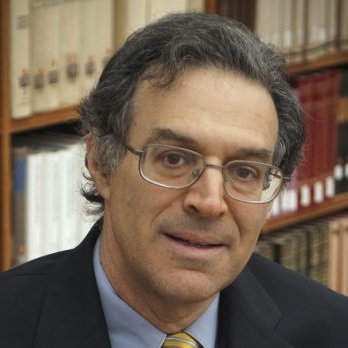
Professor Pomeranz's work focuses mostly on China, though he is also very interested in comparative and world history, particularly long-term global economic trends. Most of his research is in social, economic, and environmental history, though he has also worked on state formation, imperialism, religion, gender, and other topics. His publications include The Great Divergence: China, Europe, and the Making of the Modern World Economy (2000), which won the John K. Fairbank Prize from the American Historical Association, and shared the World History Association book prize.
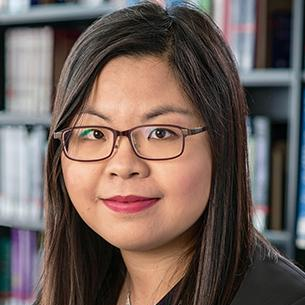
Professor Ma currently teaches at the University of Chicago's School of Social Service Administration. She is a cultural and medical anthropologist and a scholar of disability studies. Her work in general examines how cultural, politico-economic, and technological factors shape the design and implementation of social policies, and how national policies and global development initiatives in turn impact health in/equity, vulnerability, and rights, with a focus on contemporary China.